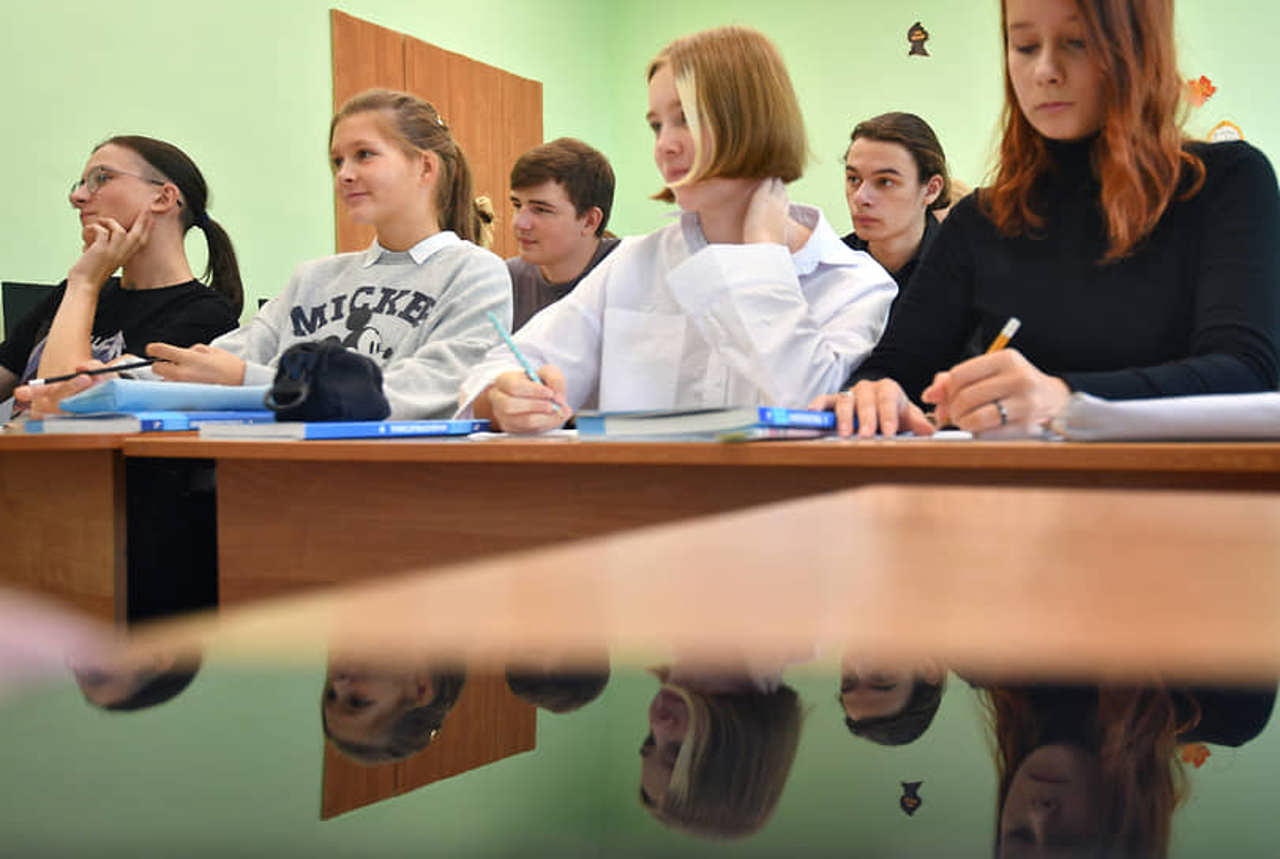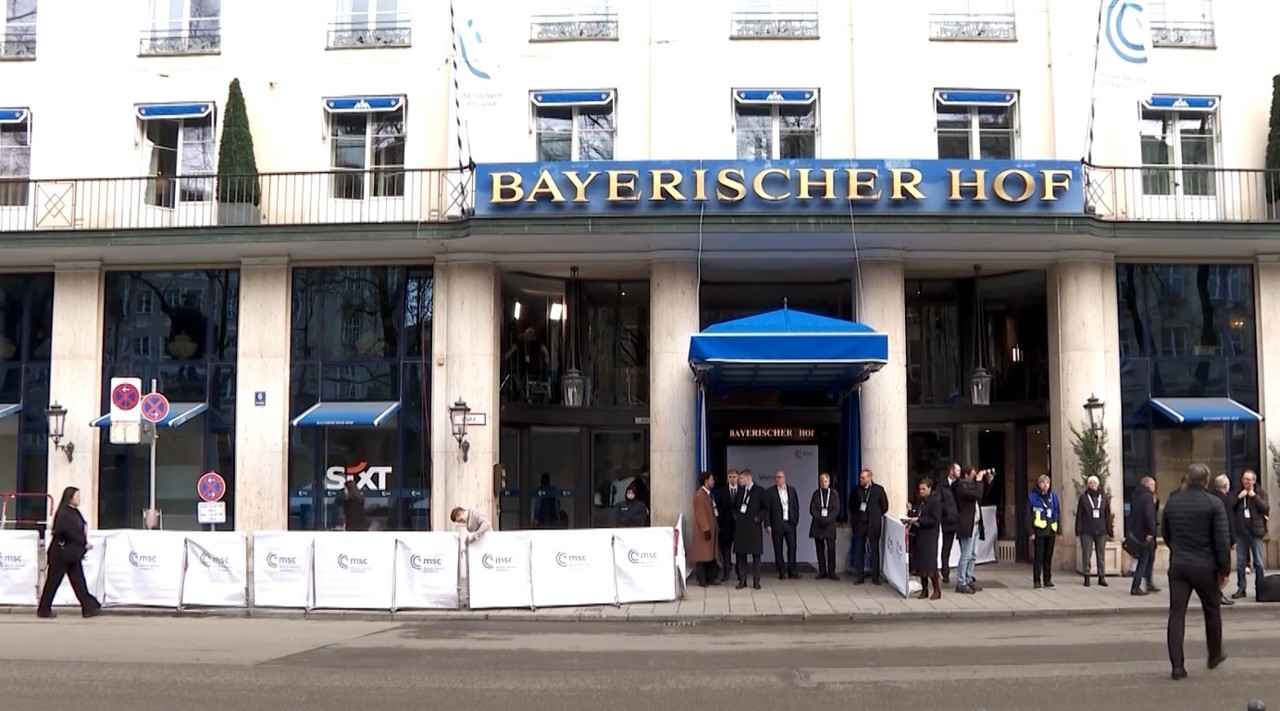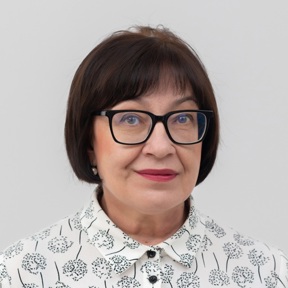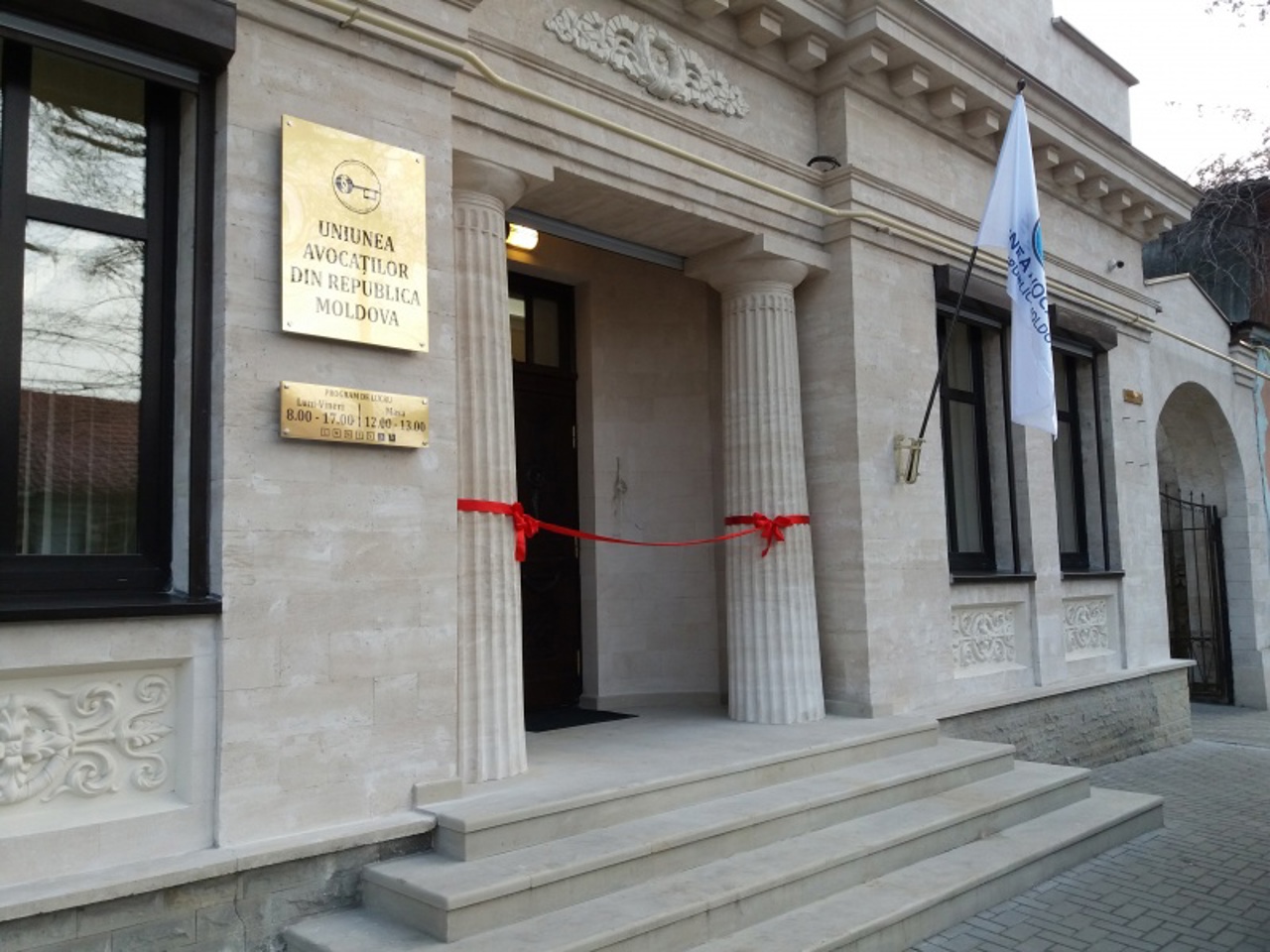Russia bans Ukrainian language from schools

The Russian Ministry of Education has removed Ukrainian from its Federal General Education Program (FOOP).
This change is outlined in a 200-page order detailing modifications to primary, middle, and high school curricula. The publication "Kommersant" drew attention to the order on Sunday, June 22, DW reports.
The cited source indicates the ministry plans to eliminate Ukrainian from the native language instruction block in schools across national republics, at all educational levels. The decision was made due to "changes in the geopolitical situation in the world," as stated in the document's explanatory note.
Ukrainian language instruction in occupied regions
Ukrainian language instruction was previously offered in Ukrainian regions occupied by the Russian Federation.
The ministry states that for the 2023–2024 academic year, Ukrainian was a mandatory native language subject only in Russian-occupied parts of Ukraine's Zaporizhzhia and Kherson regions. Additionally, Ukrainian was taught upon parental request that same academic year in annexed Crimea, the occupied areas of the Donetsk and Luhansk regions, and the Republic of Bashkortostan, the document further indicates.
"Kommersant" also notes another amendment to the school curriculum, which allows for the creation of agro-technological specialization classes in high schools.
Ukraine's similar curriculum changes
It's worth noting that Ukraine's Ministry of Education made a similar decision back in 2022. Ukrainian authorities then opted to remove Russian language and literature subjects from the school curriculum. However, some Russian-language literature was retained, while the works of most Russian and Belarusian writers were excluded.
Exceptions include works by Nikolai Gogol, Vladimir Korolenko, and Mikhail Bulgakov, all writers born on Ukrainian territory.
Ukraine's Ministry of Education explained that the revised curriculum includes works by foreign authors, chosen based on their literary relevance and age-appropriateness for students.
The novel "War and Peace" no longer features on the mandatory reading list for high school students. Authorities justified its exclusion by stating that Lev Tolstoy's epic "glorifies the Russian army." Instead, for supplementary reading, teachers can choose to have students study works such as "The Twelve Chairs" by Ilf and Petrov or "Babi Yar" by Anatoly Kuznetsov.
Furthermore, the ministry has also revised the content of history curricula for the 20th and early 21st centuries. In new textbooks, the USSR is presented as an "imperial-type regime" that "confiscated the sovereignty" of the Ukrainian SSR and pursued a "Russification policy."
The study of modern history emphasizes the Ukrainian people's resistance to "oppression." It introduces concepts such as "Russian world," "Ruscism" (a blend of "Russian" and "fascism"), and "collaborationism." Additionally, a separate module will be dedicated to the military conflict with the Russian Federation, with a special focus on identifying "signs of genocide" against the Ukrainian people.
Translation by Iurie Tataru





